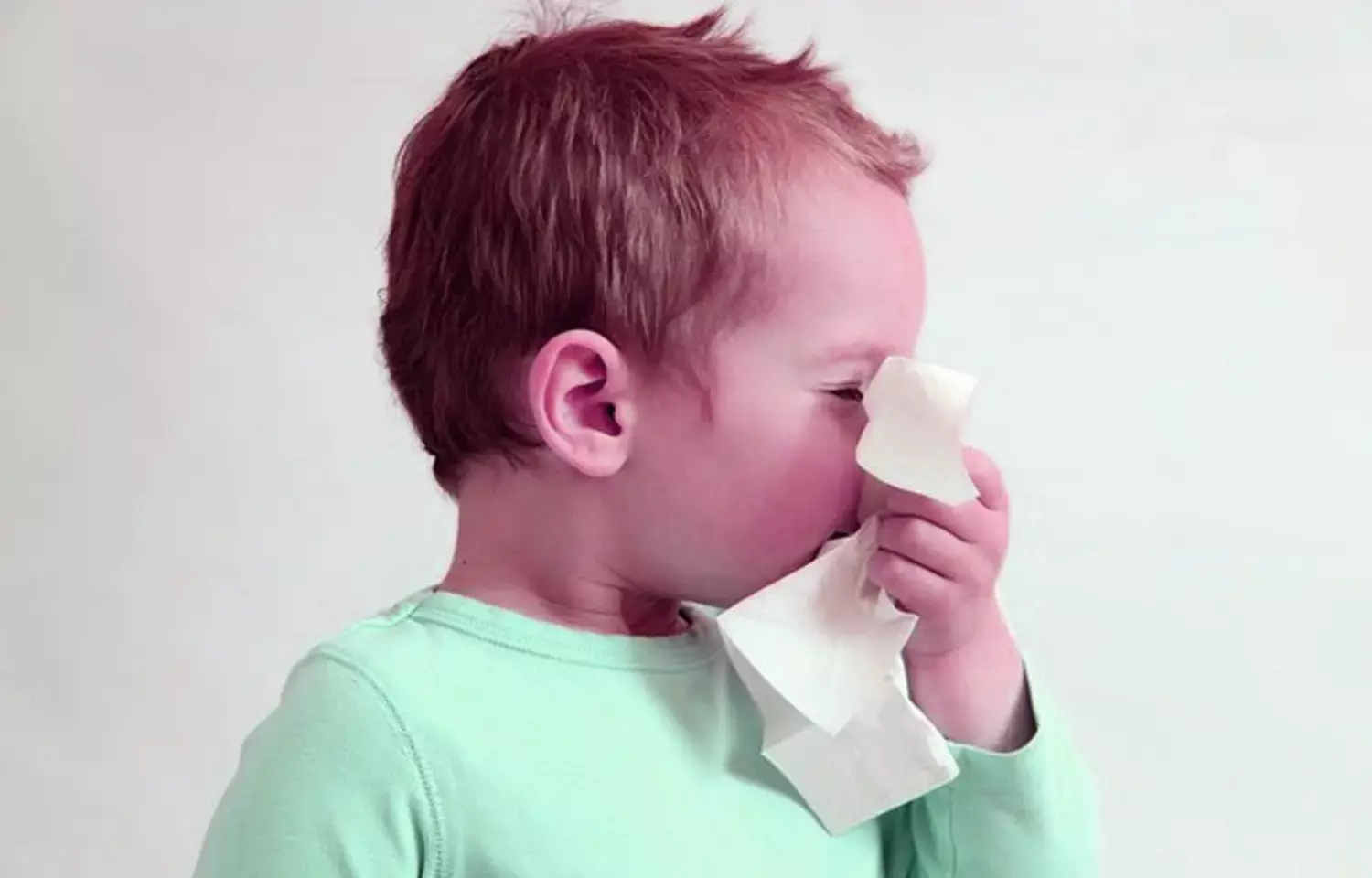- Home
- Medical news & Guidelines
- Anesthesiology
- Cardiology and CTVS
- Critical Care
- Dentistry
- Dermatology
- Diabetes and Endocrinology
- ENT
- Gastroenterology
- Medicine
- Nephrology
- Neurology
- Obstretics-Gynaecology
- Oncology
- Ophthalmology
- Orthopaedics
- Pediatrics-Neonatology
- Psychiatry
- Pulmonology
- Radiology
- Surgery
- Urology
- Laboratory Medicine
- Diet
- Nursing
- Paramedical
- Physiotherapy
- Health news
- Fact Check
- Bone Health Fact Check
- Brain Health Fact Check
- Cancer Related Fact Check
- Child Care Fact Check
- Dental and oral health fact check
- Diabetes and metabolic health fact check
- Diet and Nutrition Fact Check
- Eye and ENT Care Fact Check
- Fitness fact check
- Gut health fact check
- Heart health fact check
- Kidney health fact check
- Medical education fact check
- Men's health fact check
- Respiratory fact check
- Skin and hair care fact check
- Vaccine and Immunization fact check
- Women's health fact check
- AYUSH
- State News
- Andaman and Nicobar Islands
- Andhra Pradesh
- Arunachal Pradesh
- Assam
- Bihar
- Chandigarh
- Chattisgarh
- Dadra and Nagar Haveli
- Daman and Diu
- Delhi
- Goa
- Gujarat
- Haryana
- Himachal Pradesh
- Jammu & Kashmir
- Jharkhand
- Karnataka
- Kerala
- Ladakh
- Lakshadweep
- Madhya Pradesh
- Maharashtra
- Manipur
- Meghalaya
- Mizoram
- Nagaland
- Odisha
- Puducherry
- Punjab
- Rajasthan
- Sikkim
- Tamil Nadu
- Telangana
- Tripura
- Uttar Pradesh
- Uttrakhand
- West Bengal
- Medical Education
- Industry
Olanzapine greatly effective in Vomiting Control in children undergoing Chemotherapy

In a new study conducted by Abdul W. Moothedath and team showed that in the delayed period, olanzapine considerably improved total control of vomiting. In the olanzapine group, a much lower proportion of patients required rescue drugs.
The goal of this work was to assess the safety and effectiveness of olanzapine in children following severely emetogenic chemotherapy. The findings of this were published in Journal of Pediatric Hematology/Oncology on 28th January, 2022.
Patients aged 3 to 18 years were randomly allocated to either the olanzapine or placebo groups in this trial. Intravenous ondansetron and dexamethasone were given to all patients 30 minutes before highly emetogenic treatment, followed by oral ondansetron for 48 hours. On days 1 and 2, participants in the olanzapine group got olanzapine once daily, whereas those in the control group received a placebo in the same dosage and timing. The major goal was to compare (a) the complete control rates of vomiting in the delayed phase and (b) the complete control rates of vomiting in the acute and overall phases. The secondary goal was to assess olanzapine's safety and the necessity for emergency drugs.
The results of this study stated as follow:
1. A total of 128 patients were randomly allocated to either the olanzapine (n=63) or the control (n=65) groups.
2. In the delayed period, complete control of vomiting was 73% against 48% (P=0.005) in the olanzapine group, 60% compared 54% (P=0.46) in the acute phase, and 48% versus 34% (P=0.117) in the overall phase, respectively.
3. The olanzapine group had more grade 1 and 2 sedation (46% vs. 14%; P0.001).
4. When compared to the olanzapine group, a substantially larger proportion of patients in the placebo group required rescue drugs for vomiting (P=0.025).
In conclusion, "the findings of this work support in favor of olanzapine in use for vomiting control, although higher sample size is needed for more accurate data," said the Authors.
Reference:
Moothedath AW, Meena JP, Gupta AK, Velpandian T, Pandey RM, Seth R. Efficacy and Safety of Olanzapine in Children Receiving Highly Emetogenic Chemotherapy: A Randomized, Double-blind Placebo-controlled Phase 3 Trial. J Pediatr Hematol Oncol. 2022 Jan 28. doi:10.1097/MPH.0000000000002408.
Medical Dialogues consists of a team of passionate medical/scientific writers, led by doctors and healthcare researchers. Our team efforts to bring you updated and timely news about the important happenings of the medical and healthcare sector. Our editorial team can be reached at editorial@medicaldialogues.in.
Dr Kamal Kant Kohli-MBBS, DTCD- a chest specialist with more than 30 years of practice and a flair for writing clinical articles, Dr Kamal Kant Kohli joined Medical Dialogues as a Chief Editor of Medical News. Besides writing articles, as an editor, he proofreads and verifies all the medical content published on Medical Dialogues including those coming from journals, studies,medical conferences,guidelines etc. Email: drkohli@medicaldialogues.in. Contact no. 011-43720751


